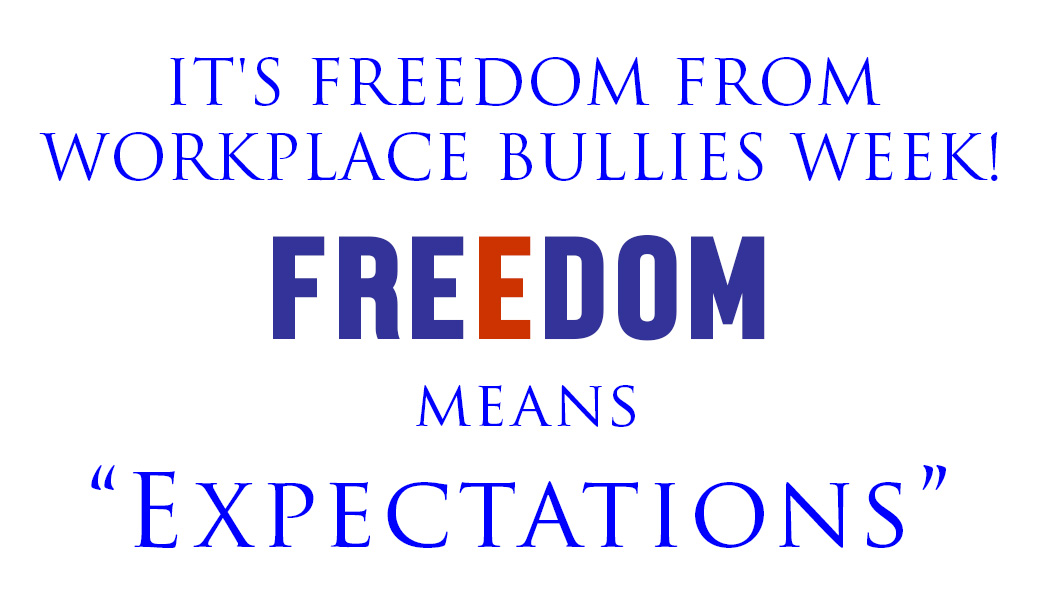Many bullied targets are long-time employees having worked in several companies in different roles. They had mastered the work world, or so they thought.
Their experiences, all to mostly positive, prior to bullying created clear expectations about workplace norms, the “how we do things here” implicit, unspoken operational rules. In healthy, non-toxic work environments, targets felt free to speak up if they saw opportunities to improve production or work conditions. They were not ridiculed for their ideas. Their bosses were secure enough to separate ideas from personalities. Their employers valued their talent and the future targets knew it.
The longer the career, the more deeply ingrained were the expectations of safety, security and protection. Their employers had shown a “duty of care.” They were lulled into believing these culture or climate characteristics were permanent and crossed into every organization.
Now comes bullying into their lives. Either someone new as a boss or coworker or the move to another employer for potentially several reasons. The expectations traveled with the person. They fully expected the same decency and respectful treatment.
Bam! Others had a much different idea about how to run an organization (into the ground). Disregard for people became apparent to an outside observer (family members, for example). But the bullied target was slow to perceive it. When faced with the dissonant situation of holding onto their beliefs about the goodness, or benevolence, of others, based on years of lived work experiences, or trusting their gut about the mistreatment directed against them, targets are prone to blame themselves to justify the bullying.
The important point I want to make is that traumatologist Ronnie Janoff-Bulman stipulates that clinging to the overly optimistic world view that people are good when proof of the opposite smacks them in the face daily makes the target more prone to suffer trauma.
The steep fall from belief in a benevolent world to accepting the darkness of their reality as bullied target may be the mechanism which generates the PTSD-like symptoms. Those symptoms include through intrusions (nightmares, flashbacks at unpredictable times), negative emotional states (anxiety, depression), avoidance behaviors (of people and places that remind them of the abuse), and hypervigilance (living apprehensively, irritability, anger).
It is not my advice to become as cynical as I. A person once bullied should question the notion of universal goodness in all people. If abandonment runs against your moral character and self-identity, then consider minimizing one’s tendency to self-disclose anything private and personal to strangers (new bosses, new coworkers) until they have first proven themselves trustworthy to you. The axiom, trust but verify makes sense for former bullied targets in order to avoid recurrences.

To get ideas about what everyone can do to celebrate Freedom Week, go here.
For individuals bullied at work, learn the predictable stages of the workplace bullying experience.
Our books – for bullied targets and their families, and for employers wanting to tackle, not ignore, workplace bullying.

